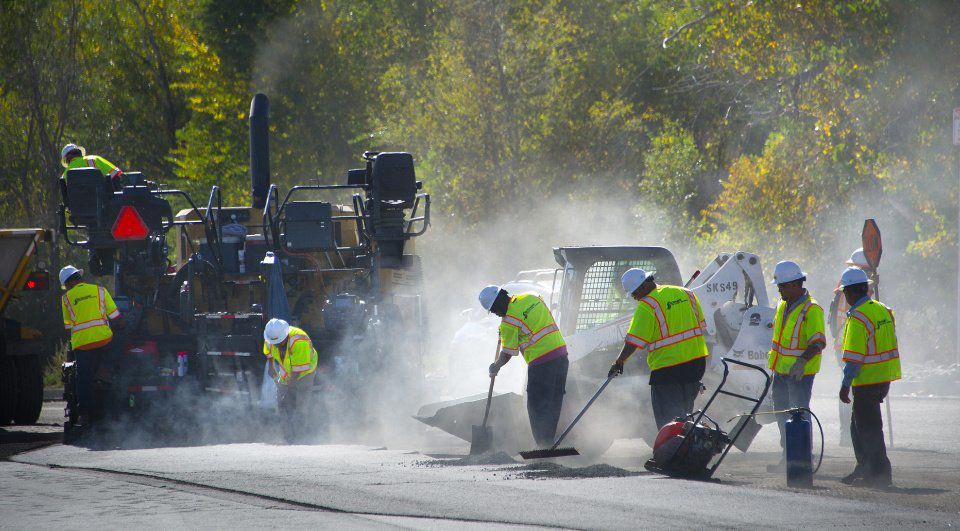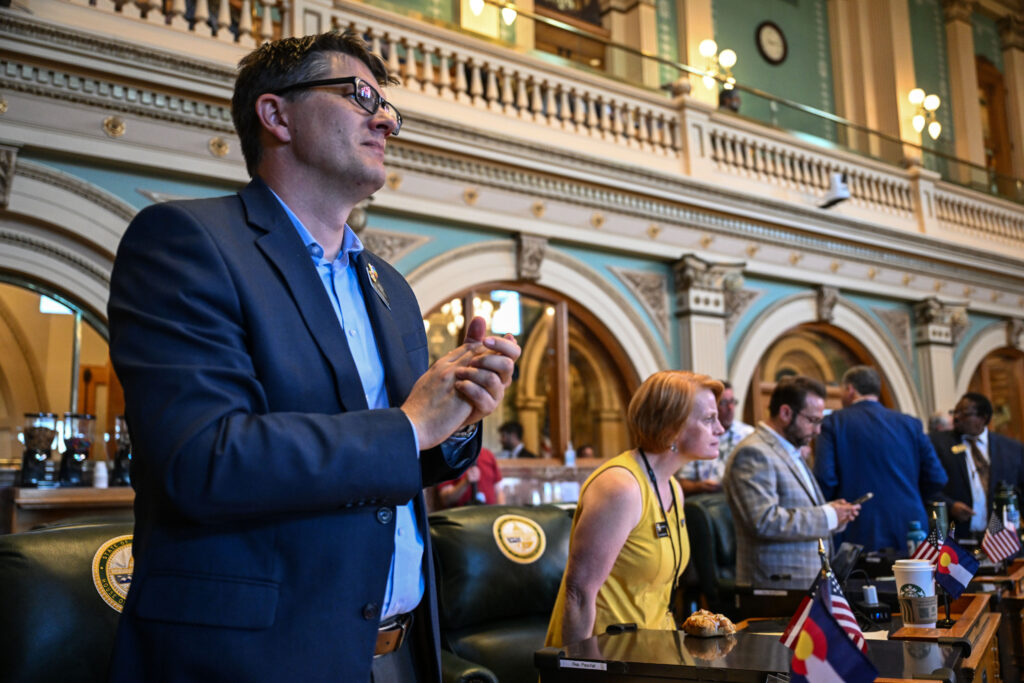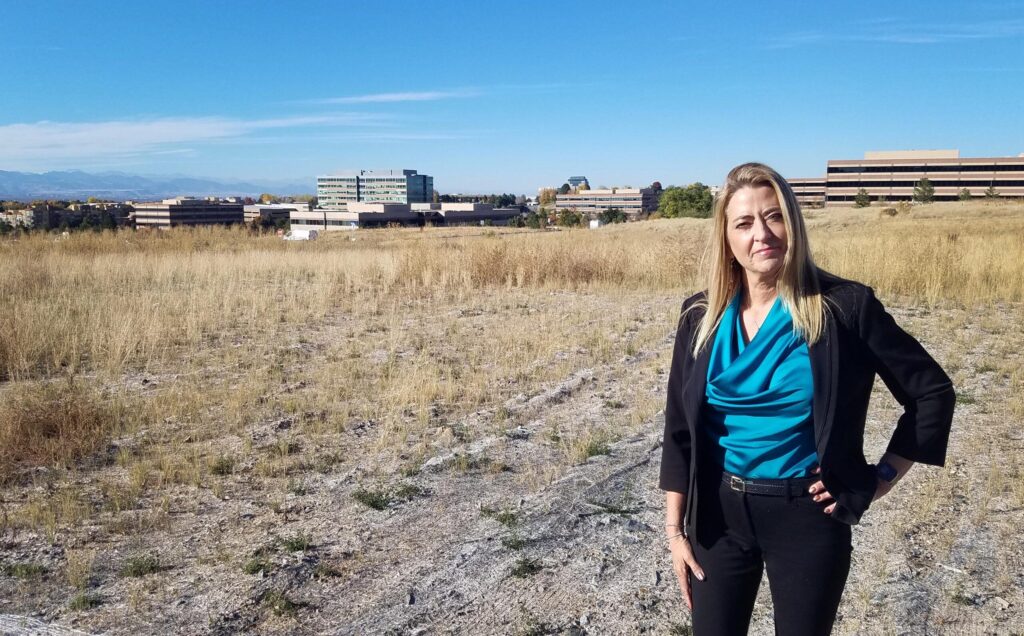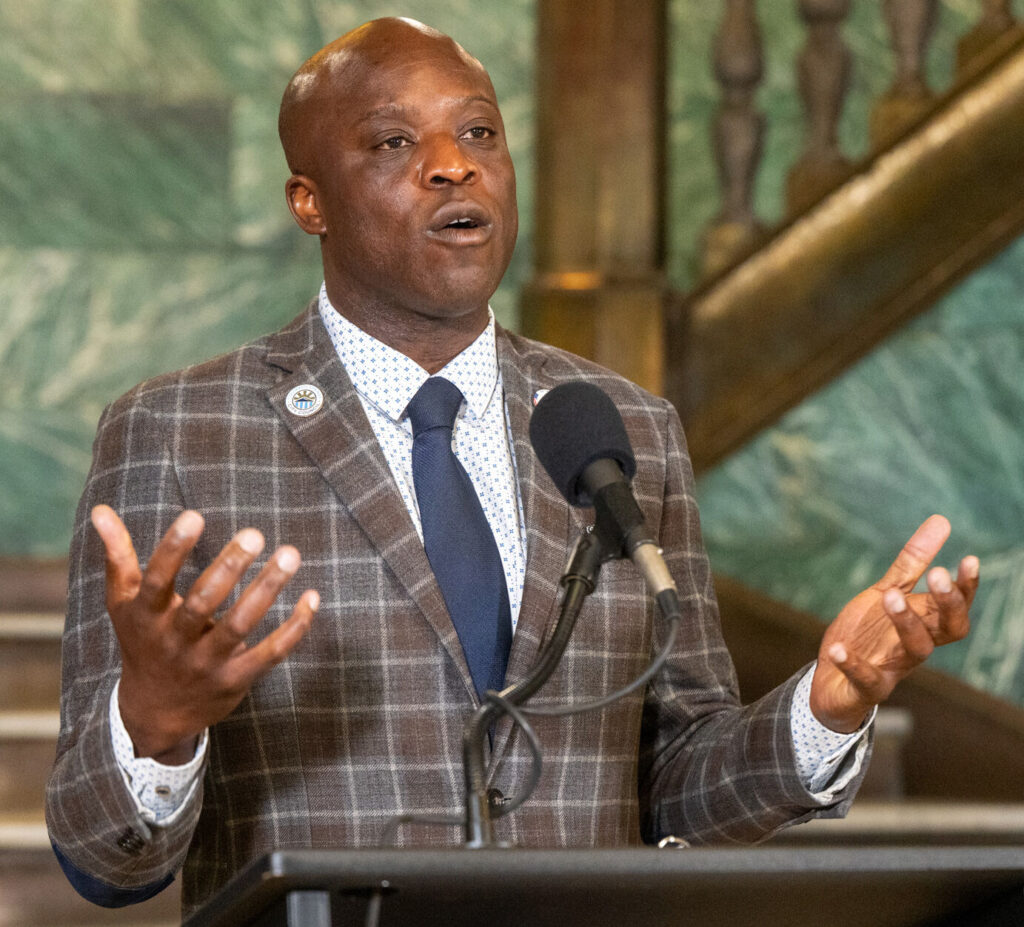Bennet challenger Joe O’Dea plans to petition onto GOP primary ballot
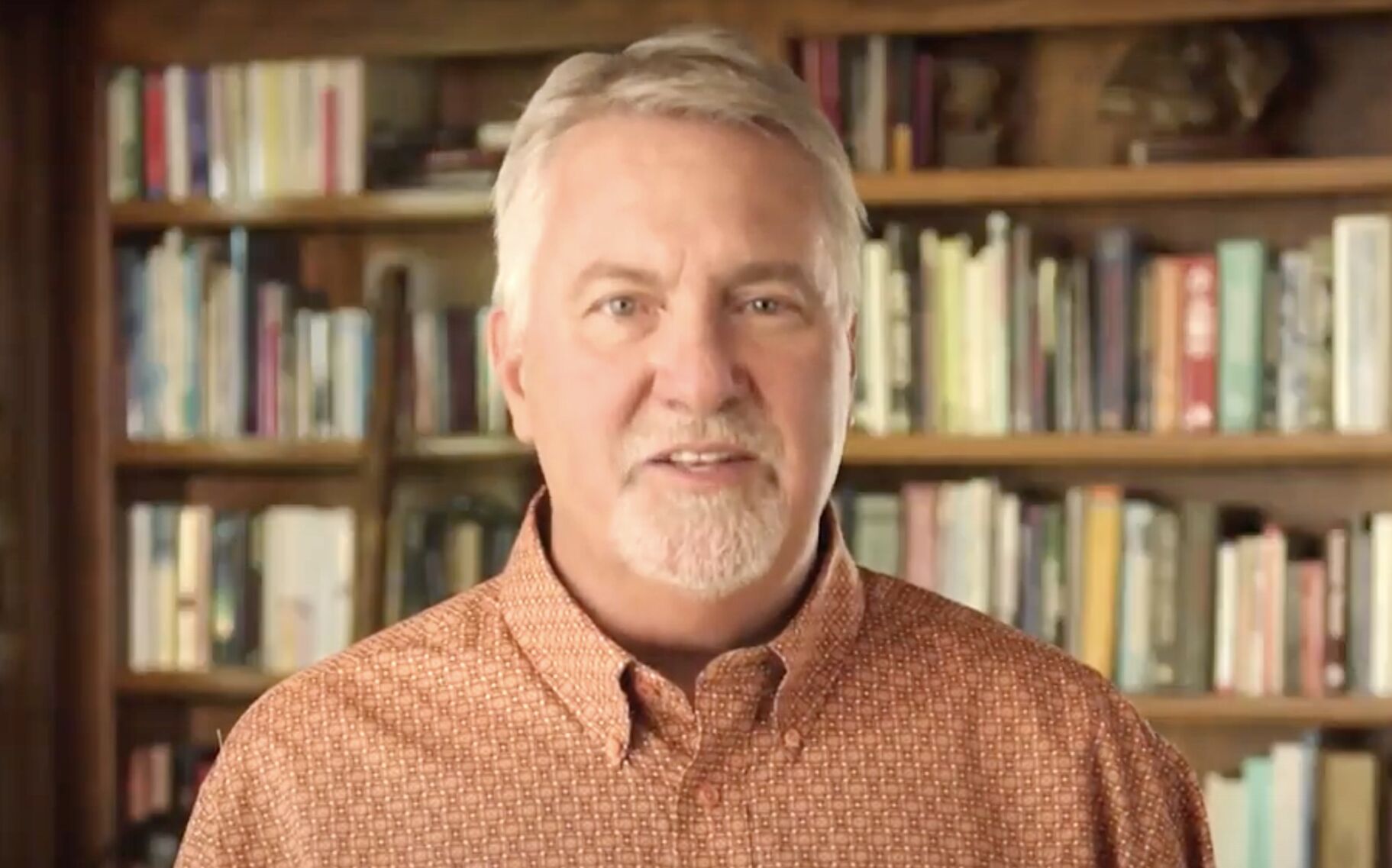
Construction company owner Joe O’Dea, one of seven Republicans running for the U.S. Senate seat held by Colorado Democrat Michael Bennet, said Thursday he plans to petition his way onto the June primary ballot rather than go through the caucus and assembly process.
O’Dea, a first-time candidate, is so far the only declared Senate candidate to pull petitions, leaving the other Republicans to vie for support among delegates at the state GOP assembly in April.
“Everything Joe does is about beating Michael Bennet,” O’Dea campaign spokesman Quinn Evans said in an email. “That’s the goal. Winning. Beating Michael Bennet and the liberals and moving Colorado and our country forward. Joe’s going to compete for the support of conservative activists, but he’s petitioning on the ballot so that he can simultaneously compete for the support of all Republicans, conservatives and independents who for whatever reason don’t attend caucuses and party meetings.”
Added Evans: “Virtually all of the other Republican candidates for Senate are political insiders – talk show hosts, legislators, city council members or full-time candidates for party offices. But Joe’s not conceding any ground to the insiders; he’ll compete for everyone’s vote.”
Statewide candidates can qualify for the June 28 primary ballot by winning the support of 30% of delegates to their party’s state assembly or by turning in 1,500 valid signatures from fellow party members registered in each of Colorado’s eight congressional districts, for a total of 12,000 signatures.
Candidates were able to start circulating petitions this week. They’re due to the Secretary of State’s Office by March 15.
With petition firms quoting prices in the range of $30 per signature – more than twice what Colorado candidates paid just a few years ago – gathering enough signatures from each congressional district can be an expensive proposition, approaching $500,000 for a Senate campaign, consultants tell Colorado Politics. Candidates always try to collect more than are required in case some aren’t accepted.
O’Dea said earlier this month that he finished last year with roughly $800,000 on hand after bringing in around $1 million in the final quarter, including about $500,000 he’s chipped into his own campaign.
One of O’Dea’s primary rivals, Fort Collins real estate developer Gino Campana, starts the year with similar fundraising totals but made clear last week that he intends to go through the assembly process rather than circulate petitions.
O’Dea and Campana are the only potential Bennet challengers who have released their fundraising totals for 2021. Reports covering the quarter that ended on Dec. 31 are due to the Federal Election Commission by Jan. 31.
The other GOP Senate candidates are state Rep. Ron Hanks, former El Paso County GOP official and 2008 Olympian Eli Bremer, conservative talk radio veteran Deborah Flora, former congressional candidate Peter Yu and university professor Greg Moore. Colorado Springs nonprofit founder Juli Henry withdrew from the primary in late December and filed to run as a member of the Constitution Party.
The caucus and assembly process kicks off the first week of March, with county parties able to schedule precinct caucuses any time between Tuesday, March 1, and Saturday, March 5. County assemblies take place in subsequent weeks, and both major parties’ state assemblies are scheduled for Saturday, April 9.
The 30% delegate threshold means that it’s possible for three candidates to emerge from assembly, though – particularly in crowded fields – it’s more likely that only one or two will make the primary that way.
Candidates have the option of taking both paths to the ballot – circulating petitions while simultaneously going through assembly – like Gov. Jared Polis did in 2018 and U.S. Sen. John Hickenlooper did in 2020.
If candidates qualify for the primary by petition and also go through assembly, they must win support from at least 10% of delegates or will lose their spot on the ballot. An advantage to going through assembly after already qualifying by petition is that the top vote-getter at assembly wins top-line on the primary ballot.
The deadline to certify this year’s primary ballot is April 29. Ballots go in the mail to registered in-state voters starting on June 7 and must be returned to county clerks by 7 p.m. June 28.




